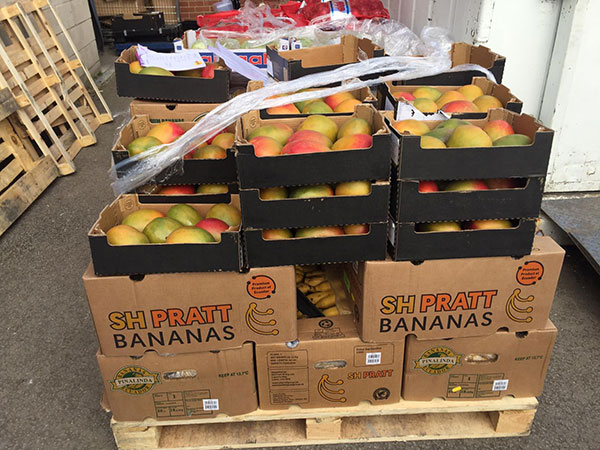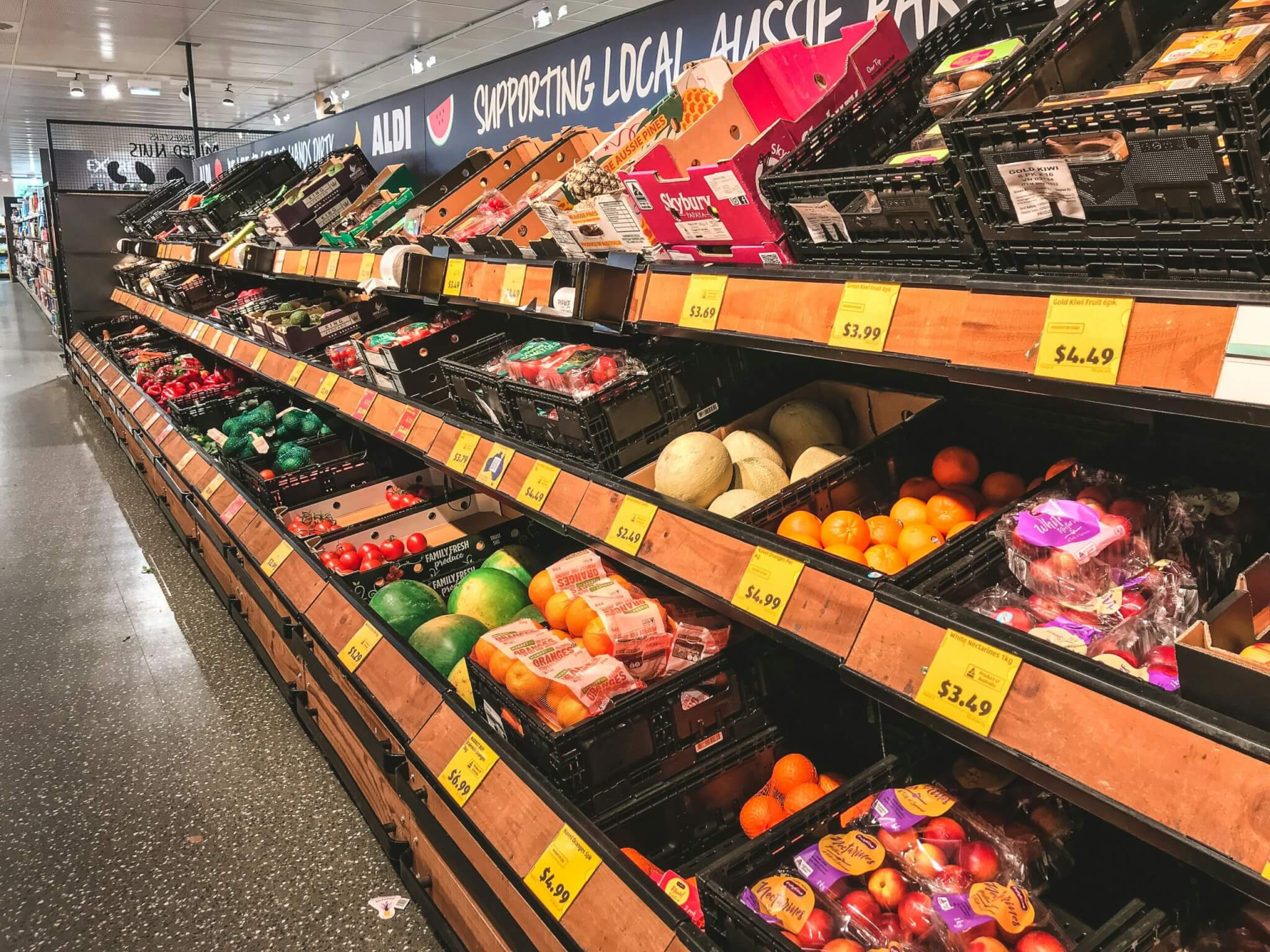Some 411 tonnes of food – the equivalent to just under one million meals – that would otherwise have been wasted were intercepted by The Real Junk Food Project (TRJFP) in April this year. By comparison, it took the organisation the whole of 2019 to process a similar amount.
The increase was the result of huge mobilisation – over the space of just 10 to 14 days – in response to the Covid-19 lockdown, which saw the Leeds-based organisation pivot from simply redistributing food waste, to delivering supplies to vulnerable people and key workers; and collecting crates from local supermarkets to taking pallets of produce from the likes of McCains, Greggs and Muller.
“We were going to be there no matter what to give people food,” says founder Adam Smith, “and we were going to deal with whatever the consequences were.”

Since 2013, the organisation, which has the motto ‘feed bellies not bins’, has collected food that would otherwise have been wasted, usually from supermarkets plus a few wholesalers. The organisation then redistributes this through its social supermarkets, and by giving food to cafes, schools and community groups in Wakefield, Leeds, Bradford and other parts of West Yorkshire.
But in March this year, as lockdown took hold, TRJFP transformed its operations. Around 250 third sector organisations were offered supplies, and collection points were set up where key workers could pick up free food. The team also delivered isolation packs to those in need.
To scale up so rapidly, TRJFP volunteers put together boxes that recipients ordered through the Too Good To Go app – a free app that allows consumers buy food that would otherwise have been thrown away at a discount from eateries at the end of service. There is £40 worth of food in the box, which people can buy for £10, and out of which TRJFP receives £6.

From a retail space at The Ridings Shopping Centre in Wakefield, where social distancing could more easily be observed, around 3,000 boxes were collected in six weeks, says Smith. The boxes are made up of donations and food bought at cost price, he explains: ”We don’t sell the food, we sell the subscription to the box, labour, overheads, quality control, transport etc.”
As lockdown hit and restaurants closed, companies such as McCains, Muller, Whitbread, Greggs, Subway, KFC and Burger King donated their surplus food to TRJFP, in varied and often in large volumes – McDonalds, via milk processor Arla, donated 21.6 tonnes of milk, while public procurement group YPO sent 750,000 eggs.
“We went from being a small organisation that deals with a community champion in a supermarket, to dealing with people who sit on the boards of some of the biggest food companies in the world,” Smith explains, adding that this came with a logistical challenge in storing and redistributing huge quantities of goods, much of which was frozen.

The newly-formed links with large companies have opened more doors in the food supply chain and new opportunities. “These people trust us,” says Smith. “They’ve worked with us during a time where people needed us and now we’ve built up really good relationships with them.”
Plans are now in place to make sure the organisation has capacity to deal with up to three million meals per day, including moving out of their 1,500sq ft warehouse into larger premises of anywhere from 11,000sq ft to 30,000sq ft.
As for the huge amount of spare food, this is “not a direct consequence of Covid-19”, according to Smith, who points to food stockpiles after the threat of Brexit in October 2019, followed by Christmas and then flooding which, he says, had a huge impact on food trade and storage. With people now in need of food, he adds, the pandemic has been a good opportunity to clear the backlog.
“We’ve had access to buildings the size of airports, which are stacked to the ceiling with food which is passed its best before, stockpiled from Brexit or a consequence of Covid,” says Smith. “And we know that’s still going to be available or generated because the supply chain is a never-ending conveyor belt.”

The consumption of food that is passed its best-before date is fine, says Smith. “The quality of it deteriorates after the best before, but it’s still fine to eat,” he adds. “Whereas use by dates exist because of safety.”
A recent YouGov poll found that household food waste, at least, has reduced during the Covid-19 lockdown. But, for Smith, the emphasis should not be on food in the home: rather, he argues, the retail industry, as well as production and hospitality, escape a lot of the attention.
“There needs to be a lot more responsibility taken when it comes to how much food is produced in this world, not even just in this country,” says Smith. “And I believe the only way of doing that – and people would argue this – is to step away from mass production and factory farming and go back to much more local and sustainable food economies.”
Covid-19 has been a great catalyst in this area, with cities thinking about local production, and farmers and other producers finding new ways to sell directly to the public. That is keeping Smith buoyed: “It’s really, really inspiring and positive to think there may be a change in how we have access to food in the future.”










0 Comments